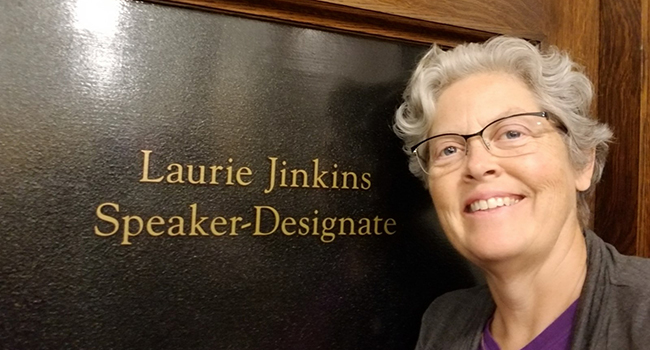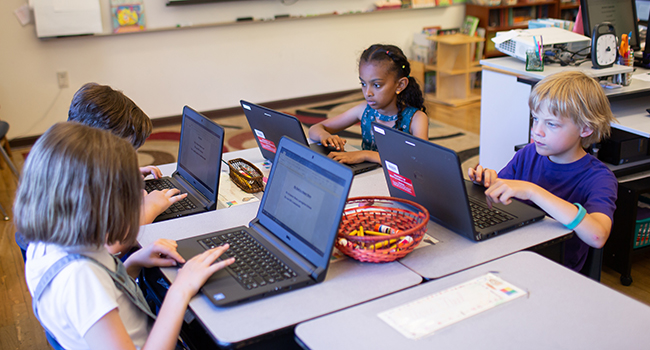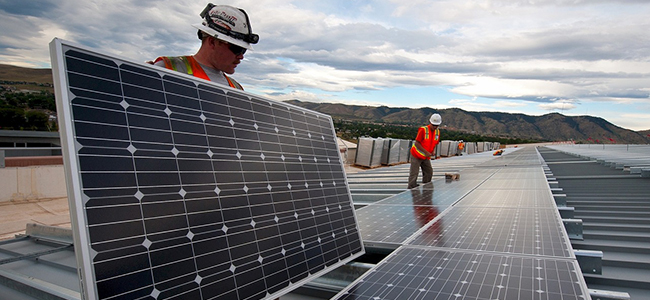
State legislators aren’t supposed to be celebrities. By design, our state lawmaking body is made up of citizen legislators – teachers, small business owners, first responders, farmers, lawyers, health care providers, etc. We meet for a few months every year to work on public policy, then go back home to our everyday lives for the rest of the year.
So in my nearly ten years of public service, I generally do not expect to be recognized out in public. Which is why I was pleasantly surprised and humbled a few weeks ago when I went into Metropolitan Market to pick up dinner ingredients and a round of applause ensued. I naturally assumed it was for someone else. But I quickly realized it was a group of women applauding for me. (I shared this story with Ed Ronco at KNKX. You can listen to that interview here.)
I’m proud to call Washington state my home. This is an amazing place to live, work, raise a family, and run a business. And the fact that Democrats have controlled the state House of Representatives has played a significant role in our state’s success. While we’re making progress on electing more women to the Legislature (we’re currently at 42% – 4th in the nation!), we’ve never had a woman speaker of the House. Until now.
And that’s why those women were applauding in the market. We were long overdue for a woman speaker, but we finally got there. I am proud to be the first woman speaker. I know this will be the most challenging job I’ll ever have. But I’m excited for the opportunities ahead and am looking forward to leading the next chapter of policymaking that helps families and puts people first.
Back to School

With kids back to school, I thought I’d share a quick note about what lawmakers did last session to improve student outcomes and share what might be on the horizon for next year.
Eliminated high-stakes testing
The idea of linking the statewide high school assessment to graduation seemed like a good idea at the time. But in practice, it not only wasn’t achieving the desired outcome, but it was also crushing the hopes of far too many bright students with big dreams after high school. These tests were originally implemented to measure effectiveness of the education system as a whole, not individual student proficiency in a given subject area at a single point in time. Last session lawmakers delinked the statewide assessment from the high school graduation requirements. Students will still take the test, but passing it is not needed to receive a diploma.
Improving student safety & well-being
Students need more than just academics in school. Kids need to be safe in school and they need to feel safe in school. We passed HB 1216, which adds resources and improves coordination to support communities in their school safety efforts. I was a cosponsor of this bill. These improvements will help every school be safe, but especially those schools in rural areas where resources are more geographically dispersed.
Addressing the teacher shortage crisis
Nearly all of Washington state school principals recently surveyed said they are struggling or in “crisis mode” to find qualified teachers to fill their classrooms. And nearly three quarters said it was harder to find qualified certificated teachers and substitutes compared to the previous school year.
Last year, we passed a comprehensive bill to boost teacher recruitment, with a particular focus on recruiting teachers of color, create more financial incentive programs, and expand professional development opportunities for teachers. Hopefully with these and other new tools, we can reach our goal of having a high-quality teacher in every classroom across the state.
Other education highlights
- Increased special education funding.
- Created more pathways for paraeducators to enter into the teaching profession.
- Created a workgroup to look at language access in public schools.
- Allowed military families to pre-enroll their kids in their new schools when they get their transfer orders. I co-sponsored this bill.
- Expanded ethnic studies curriculum to more schools.
As for the 2020 legislative session, I expect the Legislature to look at issues related to improving outcomes for special education students, expanding sexual health education, increasing school counselor access, and expanding bilingual instruction to name just a few.
Acting on climate

The 2019 legislative session was by far the most productive session we’ve had for climate policy in decades. Lawmakers took much needed action on clean energy, orca protection, and waste reduction.
100% clean electricity
Washington is one of the country’s leaders in transitioning away from harmful fossil-fuels and moving toward clean energy. We are now on a clear path toward a “clean grid” with firm requirements in place to use 100-percent clean energy by 2045. This will reduce our reliance on energy sources like coal while making significant investments in renewable and zero-emission energy sources like wind, solar, and hydropower. I cosponsored the House companion bill.
Phasing out HFCs
Hydrofluorocarbons, or HFCs, are used as commercial and industrial refrigerants and foam-blowing agents. There are safer and more cost-effective alternatives on the market than super-polluting HFCs. HB 1112 will phase them out over the next few years. I co-sponsored this bill.
Other climate highlights
- Increasing building efficiency standards. I co-sponsored this bill.
- Protecting our orca population through oil spill prevention, increased Chinook salmon abundance, and reduced noise disturbances from nearby vessels. I co-sponsored all of these bills.
While these were great steps in the right direction for protecting our environment, there’s still more work to do. Next session we’ll be taking a look at other proposals related to harmful pollutants that exist in the transportation sector and single-use plastics.
As always, I welcome your ideas and feedback. Please reach out anytime with your ideas and opinions on how to make Washington state an even better place to live, work, and raise a family.
Sincerely,

Laurie
